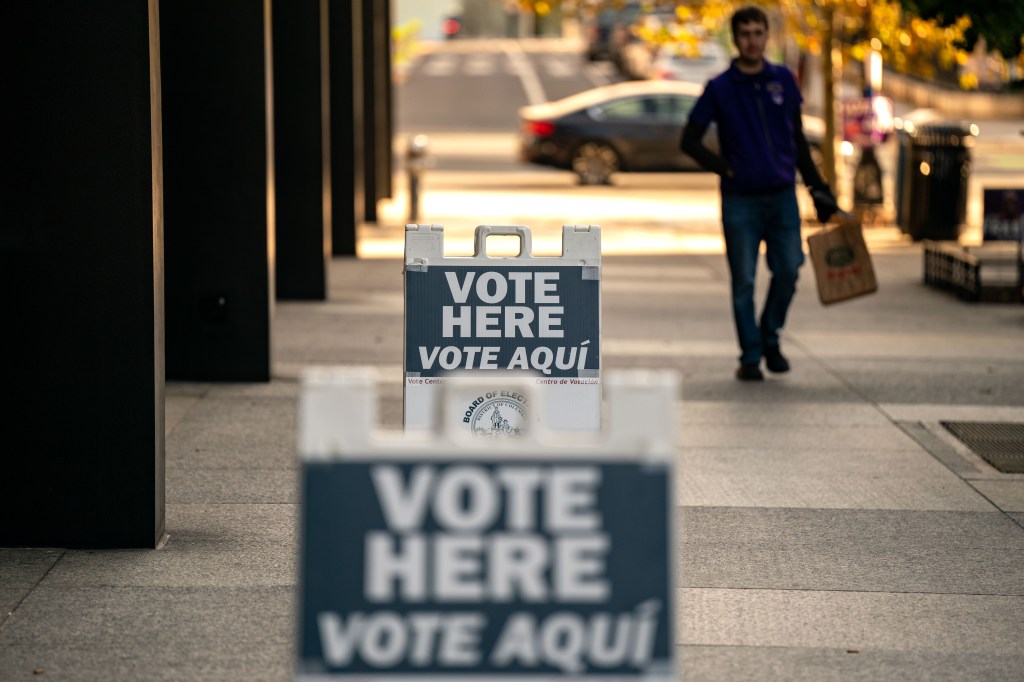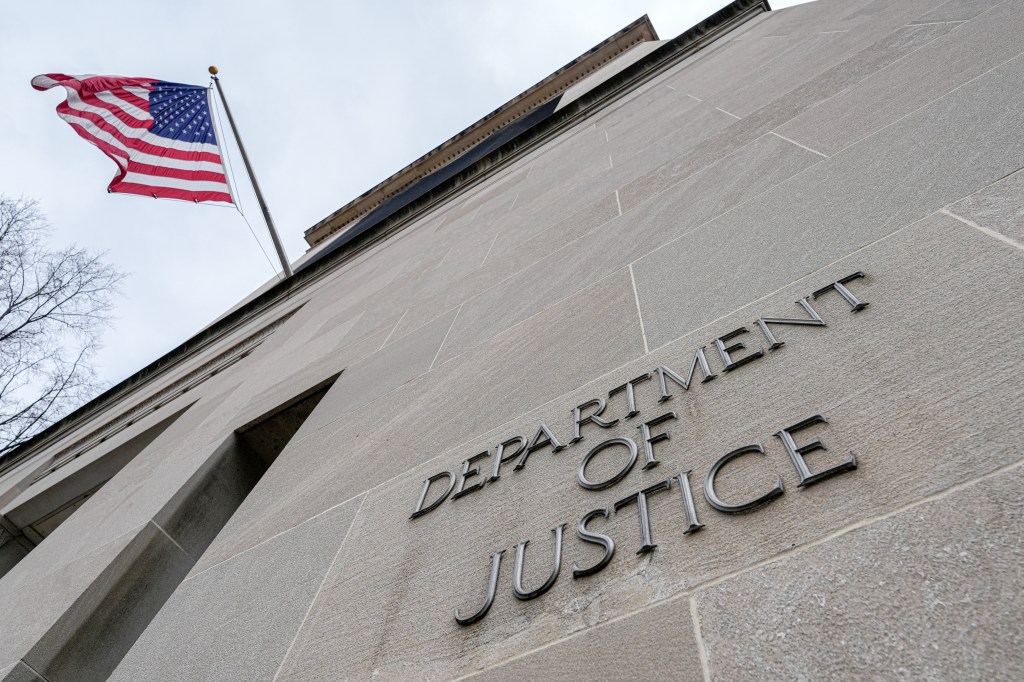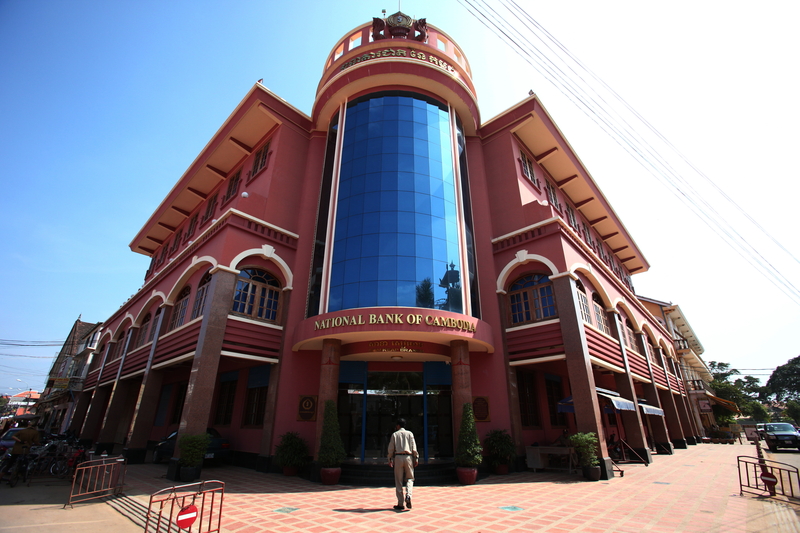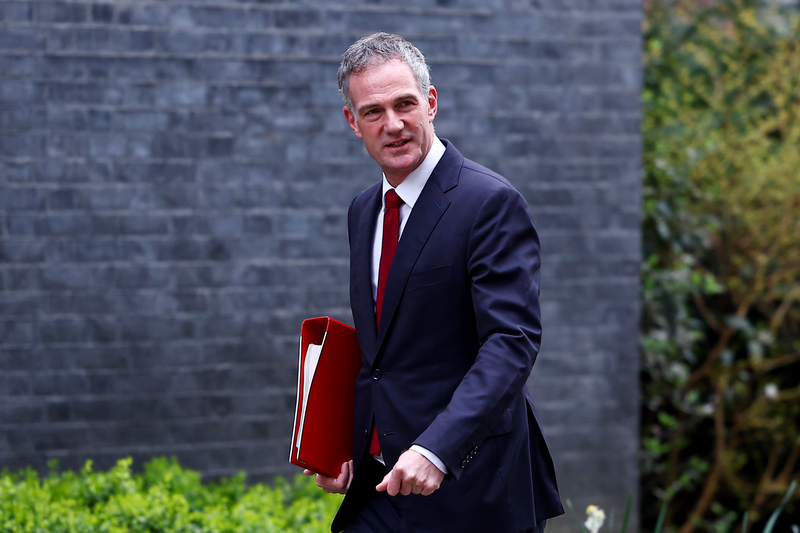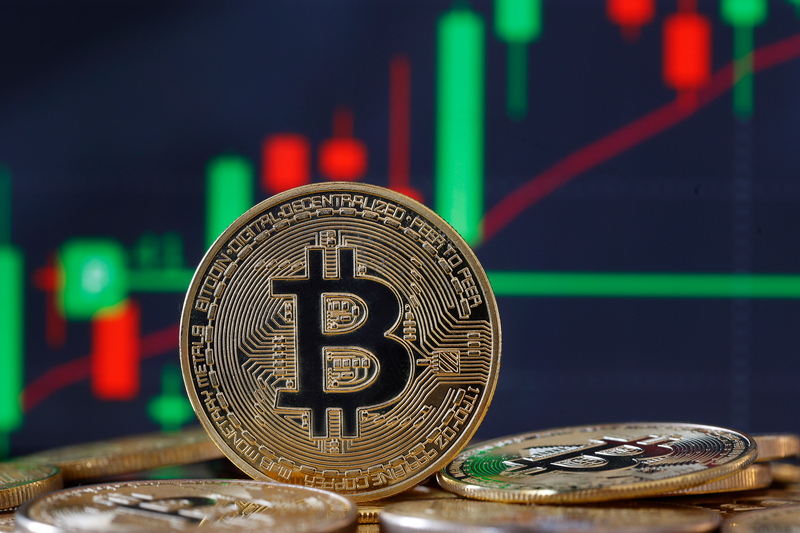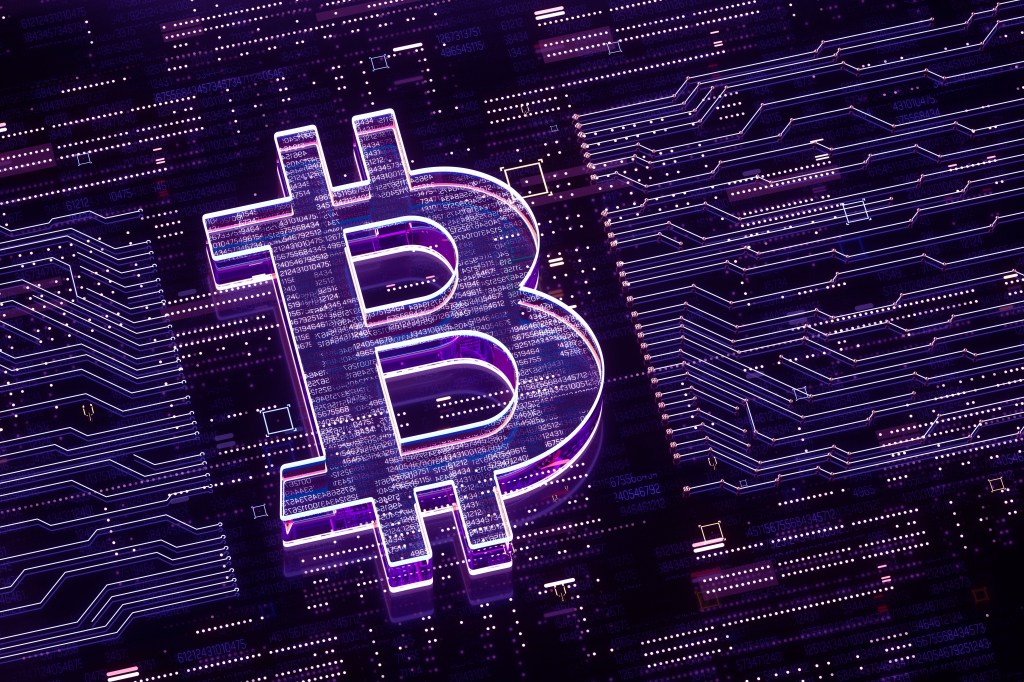This week’s extraordinary events in the crypto market are already being described as ‘crypto’s Lehman moment’, and the fallout has prompted further debate on the role of regulation in the sector.
According to a report by Reuters, staff at FTX received a letter from CEO Sam Bankman-Fried on Tuesday morning noting that the exchange saw around $6bn in withdrawals in 72 hours.
There was initial speculation that Binance, the world’s biggest crypto exchange, would acquire FTX, but the offer was withdrawn later on Tuesday, sending markets tumbling further.
On Friday, the Financial Times reported that the Bahamas securities regulator has frozen the assets of part of Bankman-Fried’s crypto empire and moved to appoint a liquidator for one of his entities, as the entrepreneur raced to raise as much as $8bn to save FTX.
Bankman-Fried stepped down as CEO of FTX as the company filed for Chapter 11 Bankruptcy later that same day, according to a Twitter announcement.
“The immediate relief of Chapter 11 is appropriate to provide the FTX Group the opportunity to assess its situation and develop a process to maximize recoveries for stakeholders,” said Bankman-Fried’s replacement, John J. Ray III.
“It seems we now have only two players left in the game for centralized exchanges: Coinbase and Binance. While we still have Kraken, Huobi, OKEx, and Kucoin, it is the offshore exchanges that are increasingly impacting operations and scaling in the industry.”
Stefan Rust, CEO, Laguna Labs
“It seems we now have only two players left in the game for centralized exchanges: Coinbase and Binance. While we still have Kraken, Huobi, OKEx, and Kucoin, it is the offshore exchanges that are increasingly impacting operations and scaling in the industry. And now there is only one offshore exchange left to watch: Binance,” said Stefan Rust, CEO of blockchain development house Laguna Labs.
“As an offshore entity, Binance has been patiently grinding away, aggregating customers who love trading and participating in new opportunities in crypto and DeFi. Meanwhile, Coinbase is waiting on regulators that slow them down by constantly laying down new and different speed bumps at random locations all the time. Rather than play this regulatory game, offshore exchanges can move across different jurisdictions to aggregate users’ consumption and investment power across the globe.”
The FTX collapse also drew speculation that the “flippening” could occur – the event where ethereum overtakes bitcoin in terms of market cap. But at the close of business on Friday, bitcoin’s market cap of $323trn remained double that of ethereum ($153trn).

